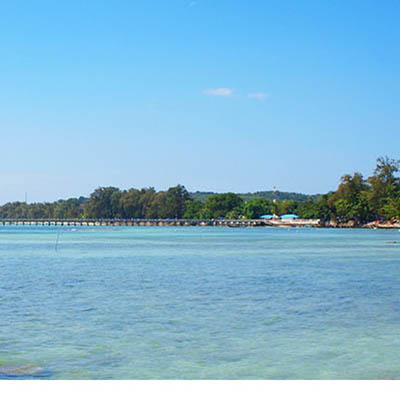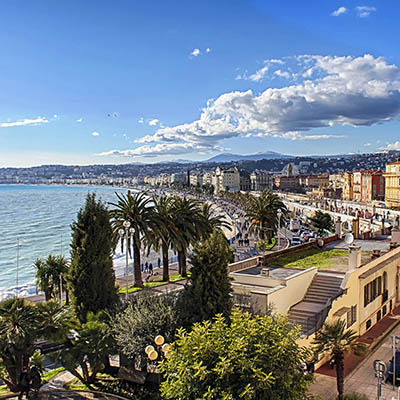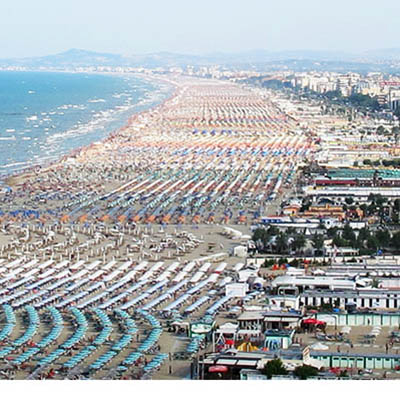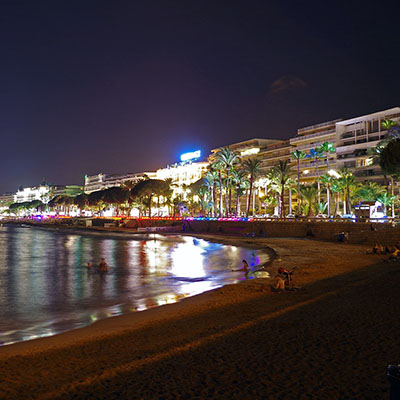
Jerusalem Monthly Climate Averages
Jerusalem is situated in Mediterranean climate zone that typically has warm or hot summer with mild rains and soft but rainy winter.
To help you choose the best time to travel, you can find climate data below on the weather in Jerusalem .
| Month | day |
night |
rain |
|
| January | +11.8 | +6.4 | 133 | 10.8h |
| February | +12.6 | +6.4 | 118 | 11.5h |
| March | +15.4 | +8.4 | 93 | 12.4h |
| April | +21.5 | +12.6 | 25 | 13.4h |
| May | +25.3 | +15.7 | 3 | 14.2h |
| June | +27.6 | +17.8 | 0 | 14.7h |
| July | +29 | +19.4 | 0 | 14.4h |
| August | +29.4 | +19.5 | 0 | 13.7h |
| September | +28.2 | +18.6 | 0 | 12.7h |
| October | +24.7 | +16.6 | 15 | 11.8h |
| November | +18.8 | +12.3 | 61 | 11h |
| December | +14 | +8.4 | 106 | 10.6h |
Best time with the soft weather for the sightseeing and long walks in Jerusalem are April, May, June, October, November.
Temperature in Jerusalem
The table shows that the hottest months in Jerusalem are August and July, during which the average daytime temperature reaches +29.4°C and the nighttime temperature falls to +19.5°C.
The coldest months are January and February, when the daily average temperature falls to +11.8°C, and drops to +6.4°C during the night.
Most booked hotels in Jerusalem
Best beach resorts :

Dubai
UAE

Venice
Italy

Barcelona
Spain

Cape Town
South Africa

Phuket
Thailand

Bangkok
Thailand
Most Popular Destinations in the World
Precipitation
The largest amount of precipitation falls on average in January and February, up to 133mm, and the least in June and July.






